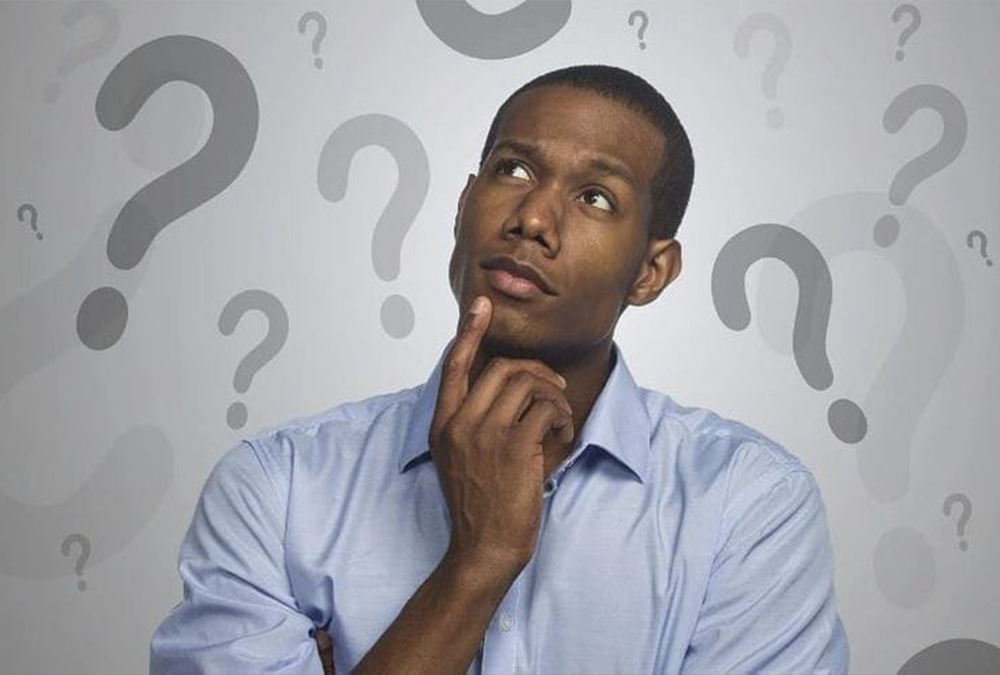KNOWLEDGE AND BELIEF
We often have good reason to think that the information we receive from our senses is true. This is not just because our senses are usually reliable, but also because we can verify the information by testing it against reality or by reasoning about it. We are then entitled to believe that we probably have dependable knowledge about the way things are.
Missing planets
In 1846 the French mathematician Urbain Le Verrier used observations of disturbances in the orbit of the planet Uranus to predict the existence of an undiscovered planet and to estimate its position. This planet – which he named Neptune – was soon observed by the astronomer Johann Galle. Neptune was within one degree of its predicted position.
Le Verrier then analysed peculiarities in Mercury’s orbit and predicted the existence of ‘Vulcan’, an undiscovered planet between Mercury and the sun. Astronomers spent many decades searching for Vulcan, but without success. Finally, in 1915 Einstein showed that Mercury’s strange orbit was due to the curvature of spacetime caused by the mass of the sun. So Neptune’s existence was confirmed by testing a theory against reality while Vulcan’s existence was refuted by Einstein’s reasoning.
Facts and information
Statements express beliefs which can be true or false, and true statements are made true by facts. For example, the statement, ‘Johann Galle observed Neptune with his telescope’ is made true by the fact that he made the observation. Scientific facts are established by observations or measurements which have been made many times or are the result of reasoning which has been checked by many people. We can thus be reasonably confident that many scientific statements are true.
An important critical thinking skill is the ability to assess whether a source of information is credible. If the source is a person we should ask ourselves whether they are in a position to know what they claim to know, and whether they have reported accurately in the past. Are they objective or are they biased? We should also ask whether their information is consistent with things we already know. If it is not, this is a reason to doubt the source’s reliability.
Belief
We often use facts to support an argument or to persuade someone to share one of our beliefs. The facts are then called ‘evidence’, and it is evidence that justifies beliefs. However, the available evidence is often insufficient to guarantee that a belief is true. The most we can say is that something counts as evidence if it makes a belief more likely to be true. So beliefs are often a matter of probabilities, not certainties – though a number of beliefs may support each other thus increasing the probability that each of them is true.
Not all our beliefs can be supported by evidence or by other beliefs. Sometimes we have to regard a belief as being self-evident. For example, a rationalist may believe that natural events are self-evidently the result of natural causes, while a religious person may see the existence of God as being self-evident. However, as critical thinkers we should constantly question our beliefs, asking ourselves to what extent they are supported by evidence. If we fail to do this, we risk losing touch with reality altogether.


